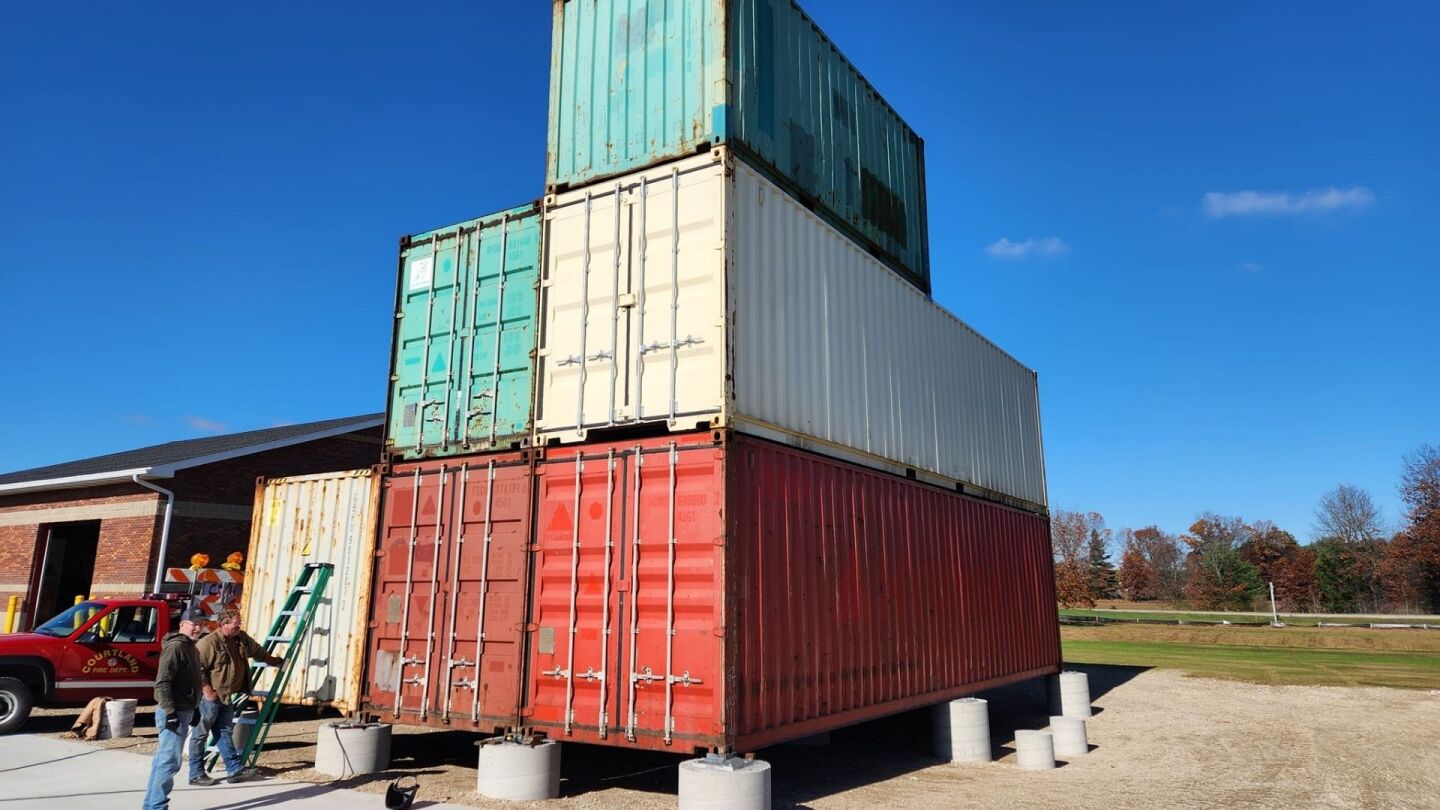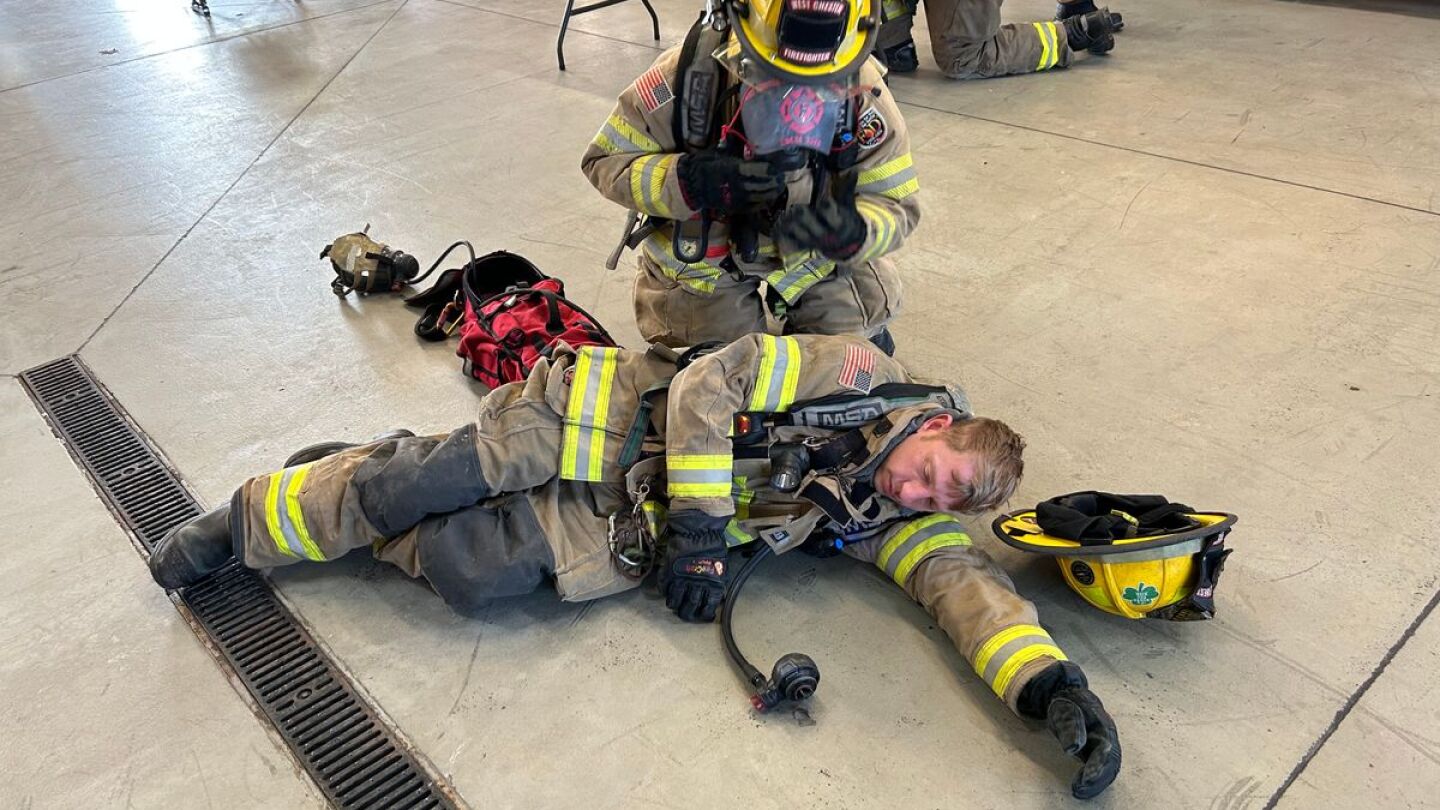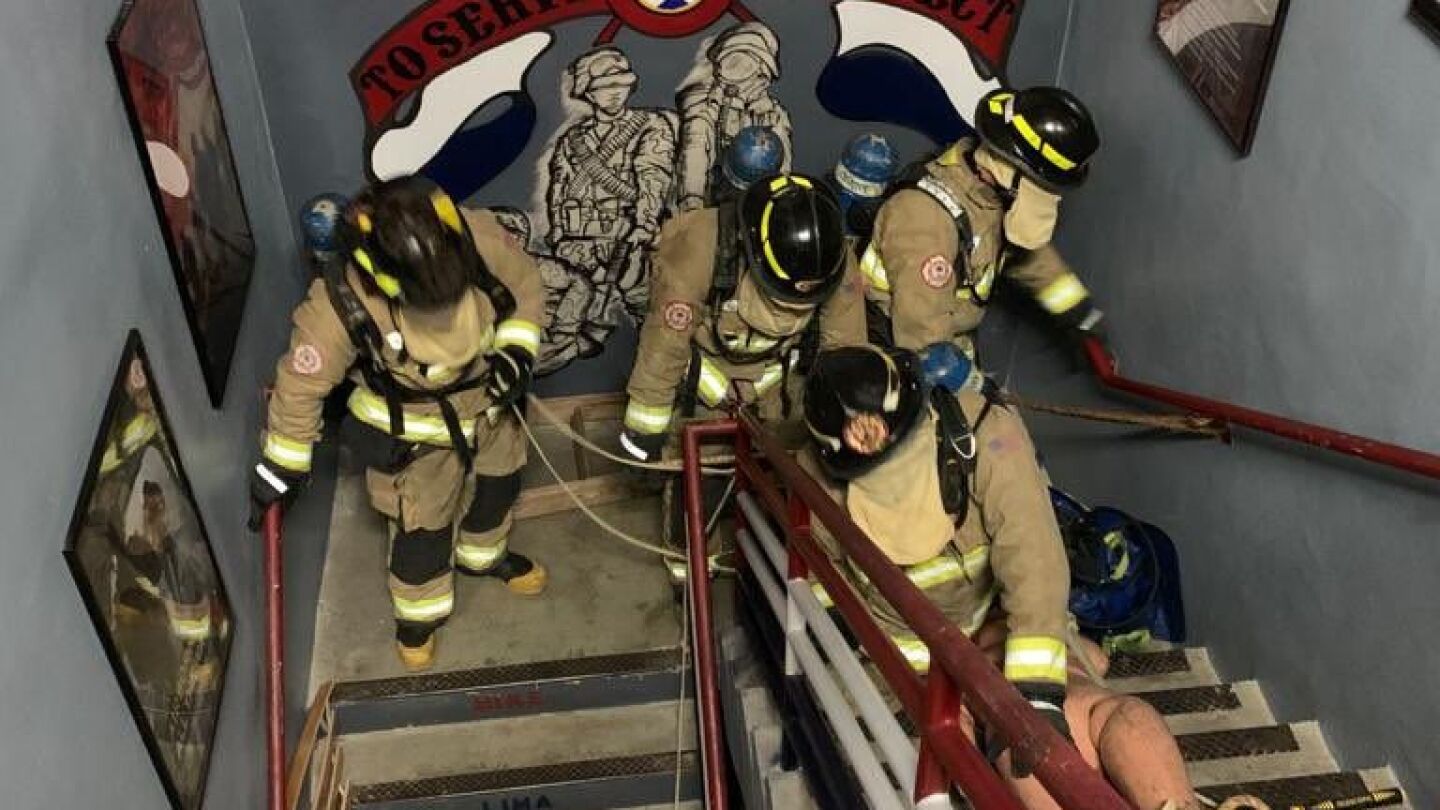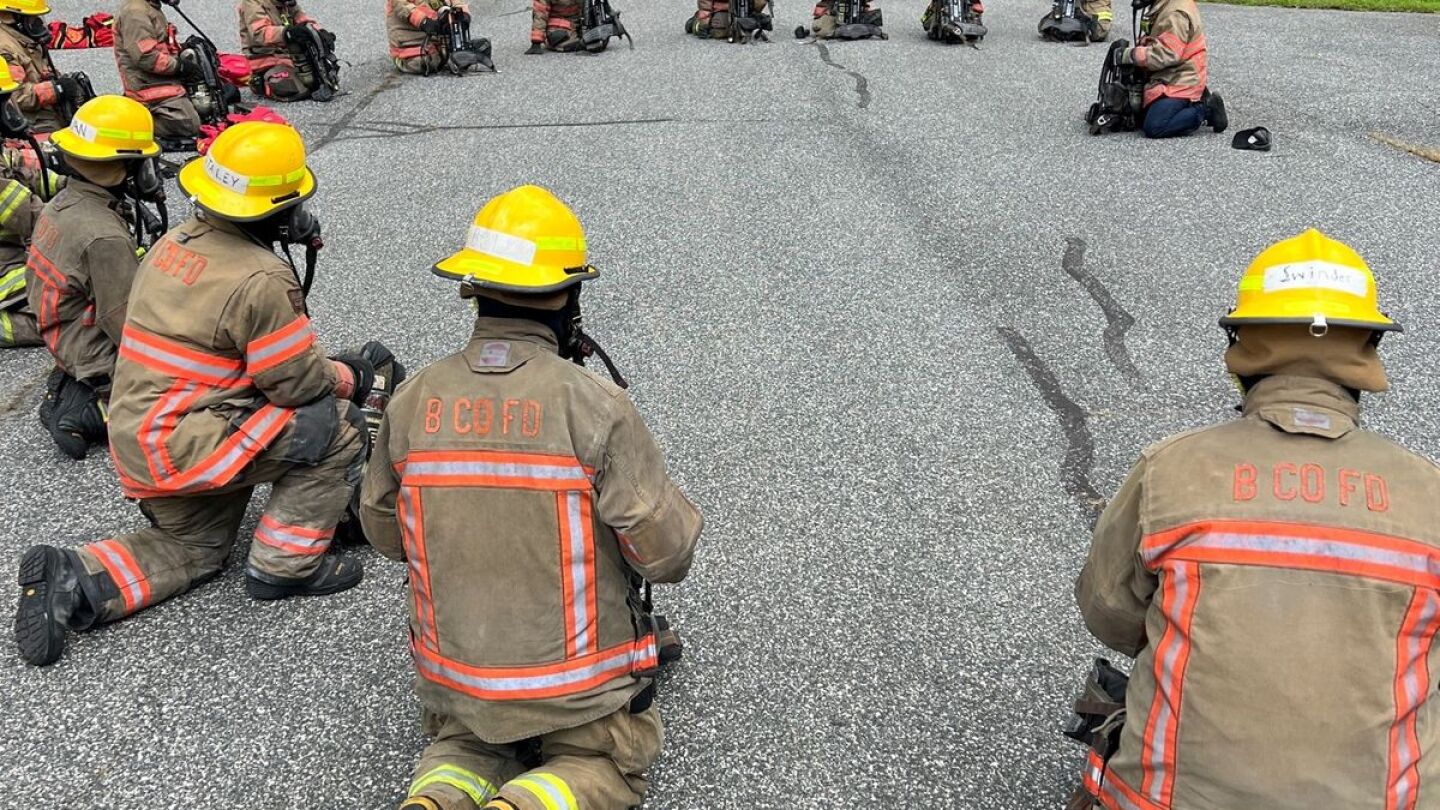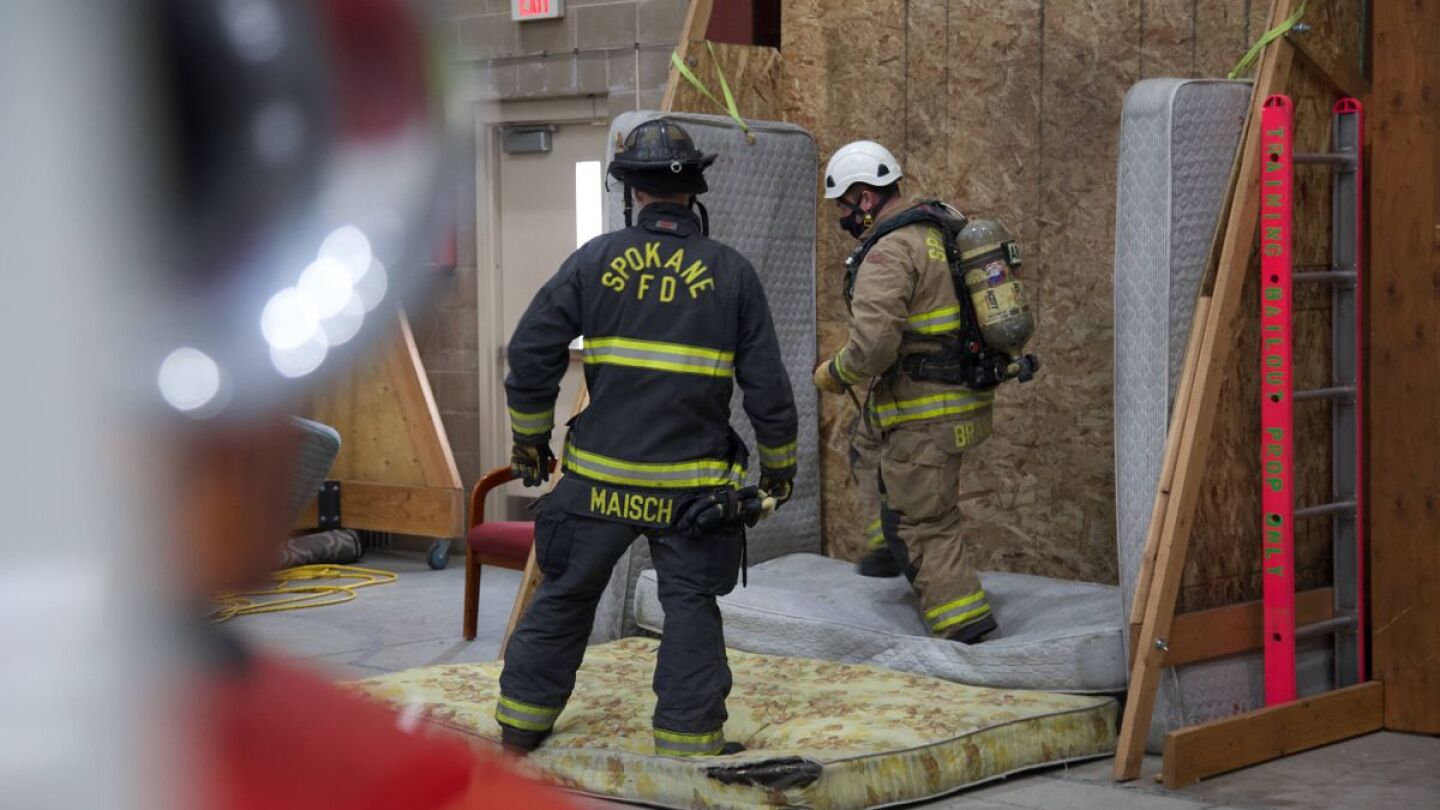Education & Training
FireRescue1’s firefighter education and training topic features information and resources for fire and rescue professionals, including content that supports ongoing professional development and enhances training efforts, whether online, in the classroom or during hand-on training evolutions.
The OC Bomberos nonprofit has awarded more than 40 scholarships to help aspiring firefighters, EMTs and paramedics afford academy and medical training
A USFA report details how an undetected basement fire, a modified support system and a sudden floor collapse led to one of the deadliest incidents in department history
The Sublette Fire Department is launching the second year of its hands-on cadet training program for teens ages 15 to 19
With only four structure fires in the township over three years, Courtland FD officials say the site provides essential training opportunities for younger firefighters
Crews should train on implementing IRICs and placing rescue tools, all while following key standards
How to implement mayday-focused policies in an actionable and relatable way that builds muscle memory for these events
The same day a firefighter from an adjacent city died in a house fire, I found myself falling through a floor, trapped
No matter which your department uses, it’s essential to keep messages clear when seconds count
An independent review says incident command wasn’t formally established until 25 minutes after the shooter was in custody and fire crews were dispatched late
The original life safety standard, released in response to a deadly accident, has seen many revisions and additions
Repeated training and breathing techniques to help lower your heart rate will help you make the mental shift
Your crewmembers are your lifeline to survival, so communicate as much as possible
It’s important to underscore the danger of the situation while not instilling an unproductive level of fear
From prevention to data-driven decision-making, department leaders must set the tone for mayday-minded training
Officers must take personal responsibility for member readiness and plan single-company and multi-company drills to hone their own command skills
This unique mayday drill is highly realistic and physically demanding
Battalion Chief Steve Conn and Lt. Bassel Ibrahim detail mayday lessons from real-world events and progressive training
Done right, safety briefings are a critical window to teach fire behavior, strategy and lessons from the field — not just rehearse risks
Crews should also practice “playing in context” to keep skills sharp and relevant for real-world incidents
After fatal incidents, the board urges NFPA-aligned training, ship familiarization, Coast Guard coordination and stronger port partnerships
Jayla Huelskamp became the first woman to win the Firefighting Skills event at SkillsUSA, inspiring her peers and paving the way for others to follow
Seeing the brave first responders on Sept. 11, 2001, showed me what I wanted to be when I grew up
Survey results show how safety shifted from rallying cry to red flag. Here’s how to reframe it to serve the mission
Miramar College’s two-year program arms veterans and working first responders with advanced emergency management skills to move up the ranks
High-profile firefighters are using social media, podcasts and livestreams to sway tactics and culture, offering fresh learning — and new risks for inexperienced crews
Exploring what the survey data reveals about how fireground tactics are executed and how safety culture is perceived
Breaking down the role of division officers in reducing command overload and supporting tactical execution on complex incidents
Without protective equipment, wildland firefighters will continue to pay the price with their health
Like a championship team, success in the fire service requires clarity, consistency and commitment
How OCFA uses tabletop drills with partner agencies to coordinate preparedness for major incidents
The badge is a widely recognized symbol of authority; it is also a symbol of public faith and trust
A practical guide to interpreting urine color for maintaining optimal hydration
MOST POPULAR
- On-demand webinar: Stronger together: Advancing unified command and communication
- ‘Firefighter safety transcends politics’: A call to restore NFA training
- ‘Unprotected searches’ scrutinized after Honolulu fire killed rookie firefighter
- ‘Not mandatory’: Mo. FD skipped formal AARs after two recent LODDs
- Back to the basics: My experience updating a fire department training program





